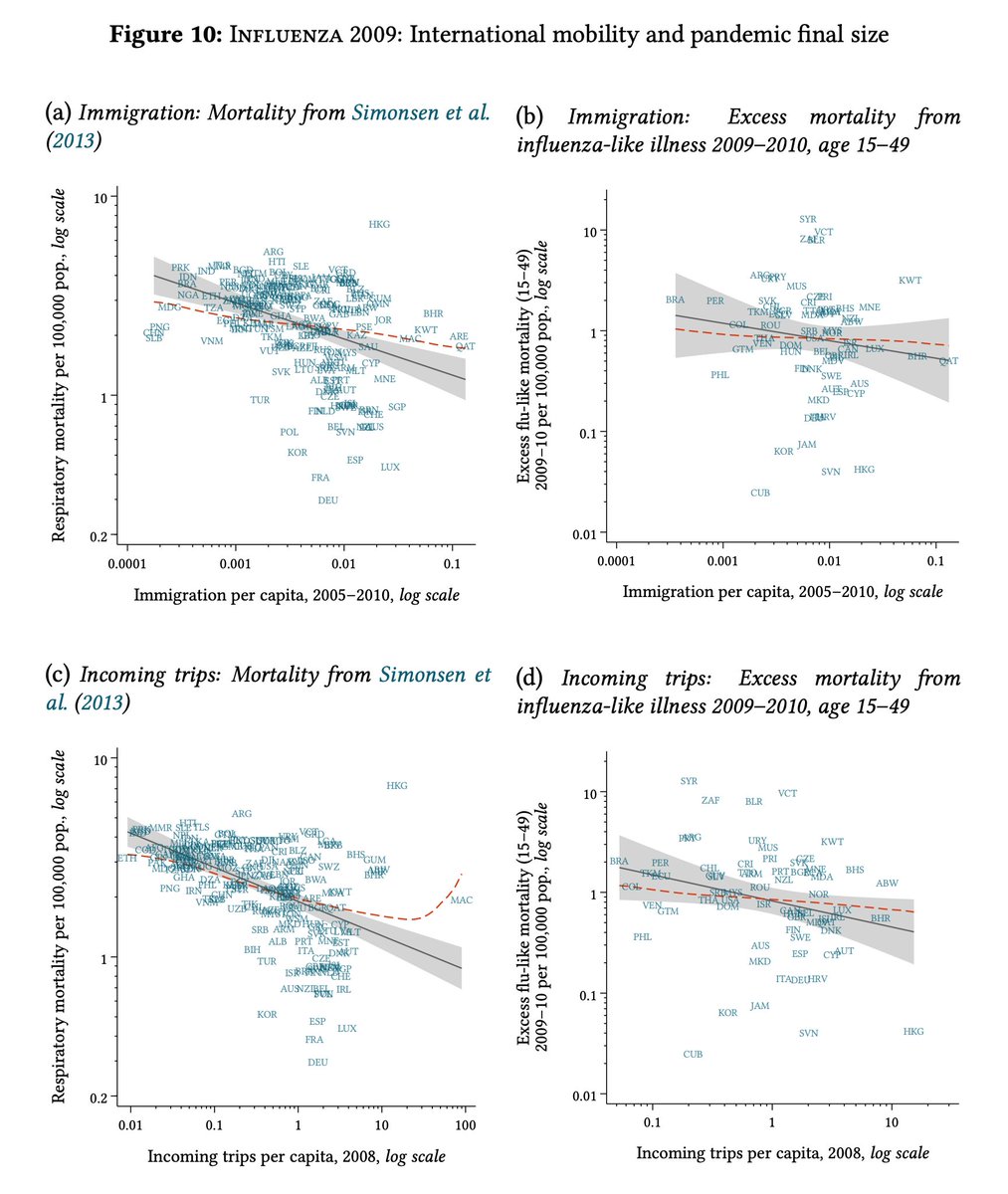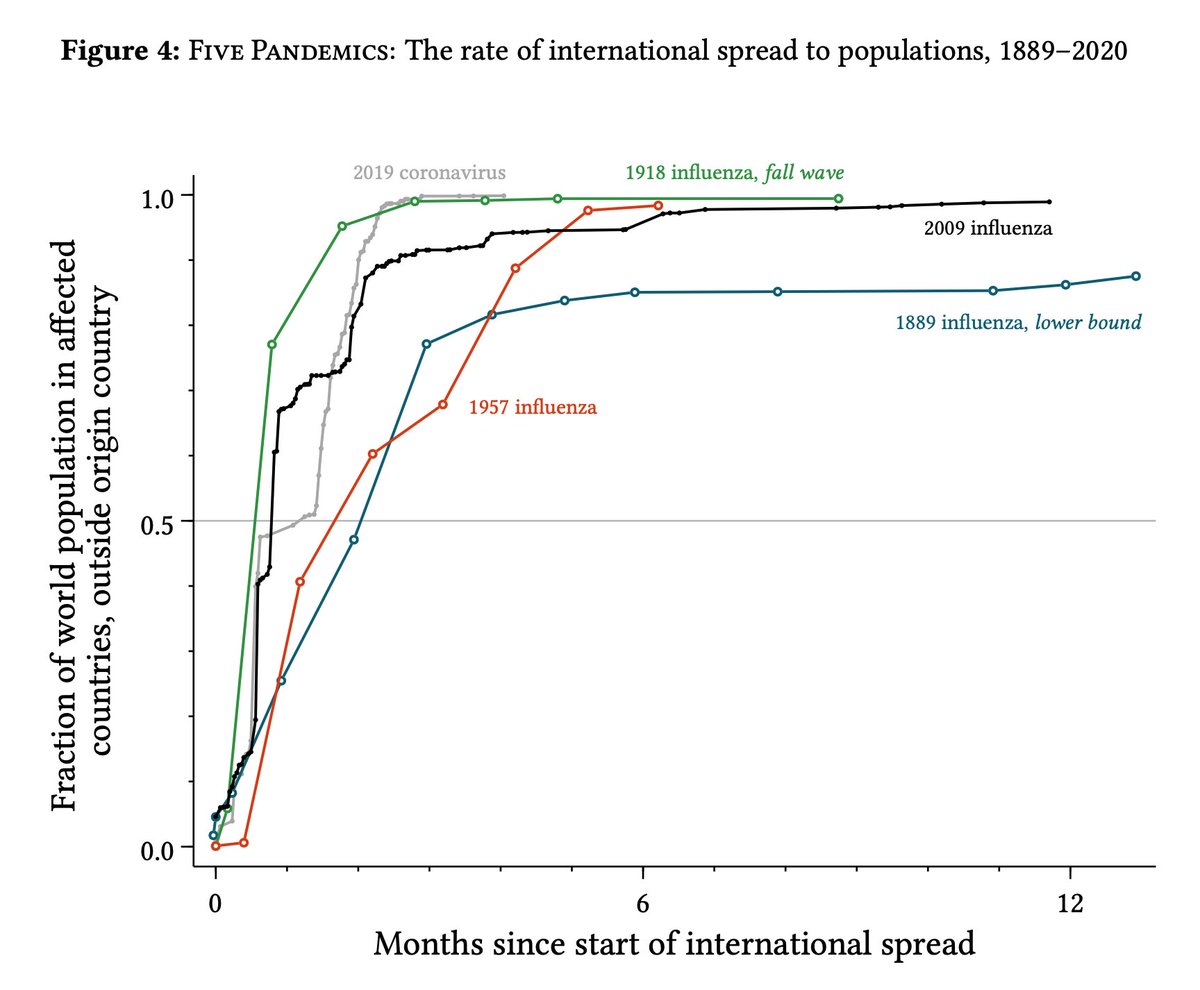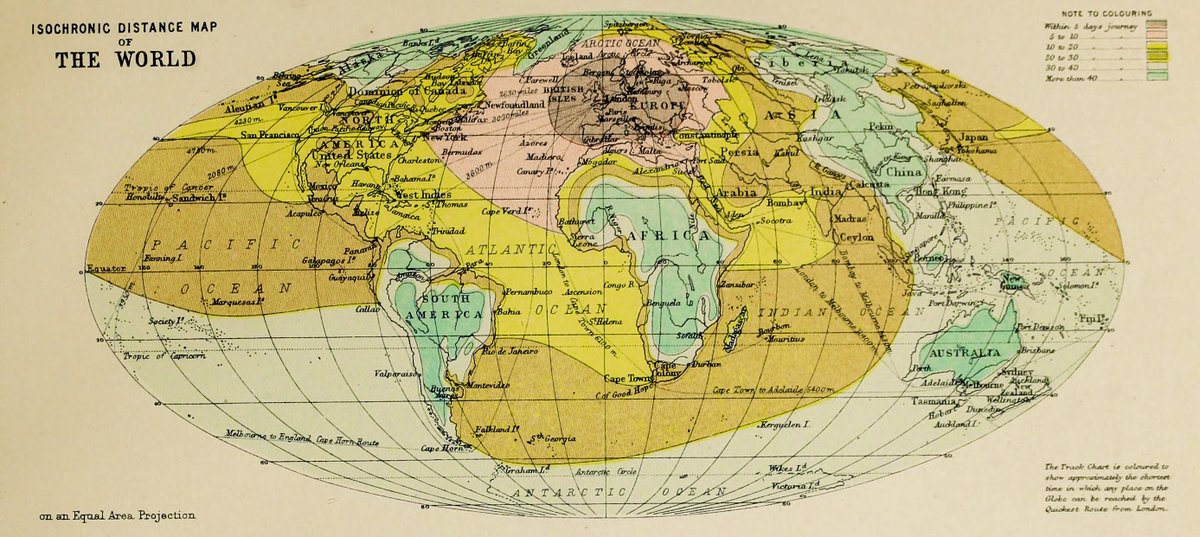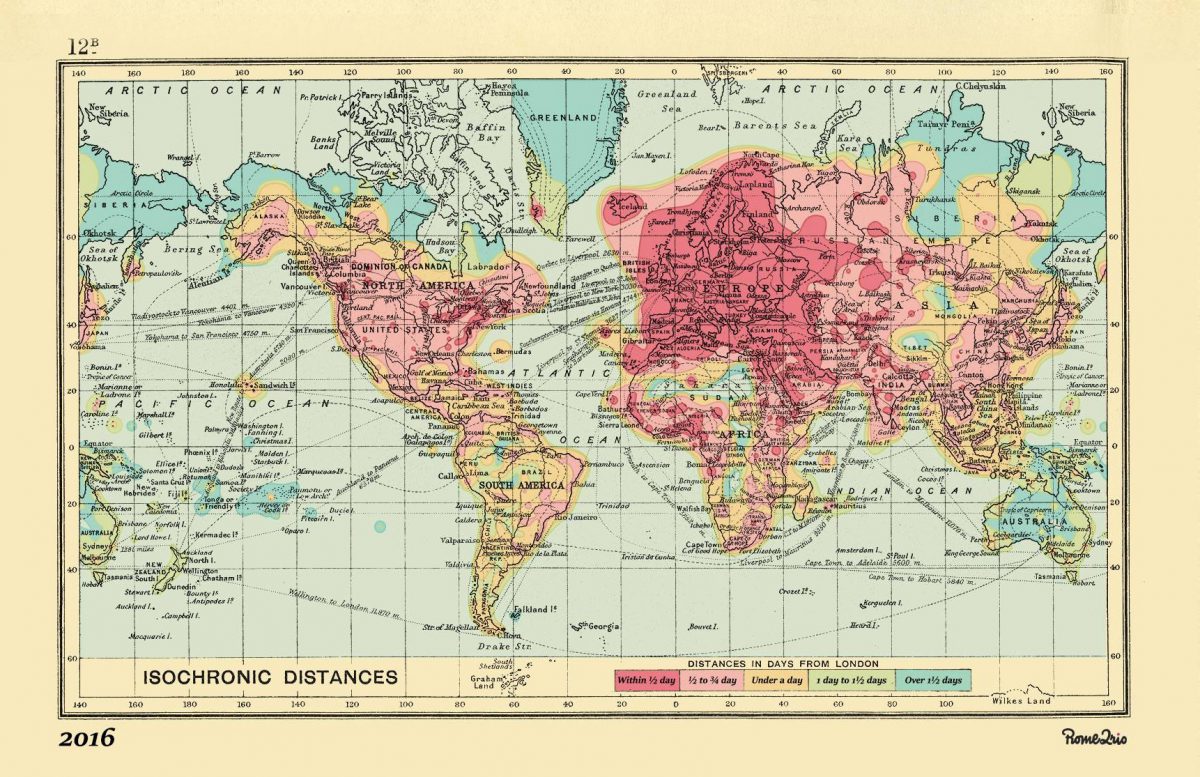International travelers & migrants carry pandemic disease. Pandemics have catastrophic effects.
So isn't international mobility itself a root cause of what we're enduring? Shouldn't we reconsider the 'age of mobility'?
A thread on my new research with rockstar @ThomasGinnDC—>
So isn't international mobility itself a root cause of what we're enduring? Shouldn't we reconsider the 'age of mobility'?
A thread on my new research with rockstar @ThomasGinnDC—>
Many excellent researchers and journalists posit that growing mobility in general has put us at greater risk from pandemics.
This amounts to the claim that we are suffering *this year*, in part, due to how globalized travel and migration were *last year*.
This amounts to the claim that we are suffering *this year*, in part, due to how globalized travel and migration were *last year*.
@ThomasGinn and I ask this question directly, using data on past pandemics.
When countries were more exposed to international travel and migration before a pandemic began, did they suffer greater harm in that pandemic?
When countries were more exposed to international travel and migration before a pandemic began, did they suffer greater harm in that pandemic?
We pulled out all the stops to bring together data, for the first time, on four pandemics spanning 120 years of world history—as recent as "Swine Flu" in 2009, as distant as "Russian Flu" in 1889.
Overall, pre-pandemic global mobility could shape the harm of pandemics in at least three ways:
—Accelerating the pathogen's arrival
—Limiting feasible travel restrictions *after* the pandemic is underway
—Promoting cooperation in science and disease surveillance
—Accelerating the pathogen's arrival
—Limiting feasible travel restrictions *after* the pandemic is underway
—Promoting cooperation in science and disease surveillance
Here is just a taste of the data in the paper. In the 2009 influenza pandemic, the mortality rate was much *lower* in countries *more* exposed to international migrants and travelers before the pandemic.
Even when we control for various measures of health system strength, economic activity, and population density, there is no sign of a positive association between exposure to mobility and the overall extent of sickness and death.
What happened to the speed of pandemic spread over time, as globalization exploded?
If spread depends heavily on the modern 'age of mobility', the spread of recent pandemics should be supercharged relative to older pandemics with similarly infectious pathogens.
If spread depends heavily on the modern 'age of mobility', the spread of recent pandemics should be supercharged relative to older pandemics with similarly infectious pathogens.
But there's nothing like that in the data. Across the four past pandemics we study, from 1889 to 2009, the time it took for the pathogen to reach the median person on earth only varied by *six weeks*.
This graph holds national borders constant, and adds Covid-19 for comparison.
This graph holds national borders constant, and adds Covid-19 for comparison.
We separately show, for each of the four past pandemics, that the time-of-arrival has no negative relationship with mortality.
Staving it off a bit longer did not save lives. Action behind the border did; inaction did not.
Staving it off a bit longer did not save lives. Action behind the border did; inaction did not.
Think about the change in human mobility across the eras in that graph.
Here is an "isochronic" map from precisely 1889, showing how far you could get from London in a number of days. The dark yellow is 20–30 days.
Here is an "isochronic" map from precisely 1889, showing how far you could get from London in a number of days. The dark yellow is 20–30 days.
And here's an identically constructed map for today, by @rome2rio. Almost nowhere is more than a single day from London.
In other words, mobility today is one or two orders of magnitude greater in speed — and in volume — than it was in the late 19th century. But the vast changes in mobility over that period are not associated with greater harm from pandemics.
In a blog post with our awesome colleague @RResstack, we discuss what this does and doesn't mean for policy. https://www.cgdev.org/blog/restricting-mobility-will-not-stop-next-pandemic
This is not necessarily a case against emergency travel restrictions, which may have a role *in combination with* effective measures to stanch domestic spread, and highly temporary—during the pandemic.
But this evidence does strengthen the case against fundamentally reconsidering the extent of mobility in the world as we look to the post-Covid era. Politicians are already offering that as a nostrum, claiming we'll be safer in a less mobile world. Evidence does not support them.
The full @CGDev Working Paper is here —> https://www.cgdev.org/publication/global-mobility-and-threat-pandemics-evidence-three-centuries
Jointly released with @iza_bonn —> https://www.iza.org/publications/dp/13947
Be safe, all of you.
Jointly released with @iza_bonn —> https://www.iza.org/publications/dp/13947
Be safe, all of you.

 Read on Twitter
Read on Twitter







